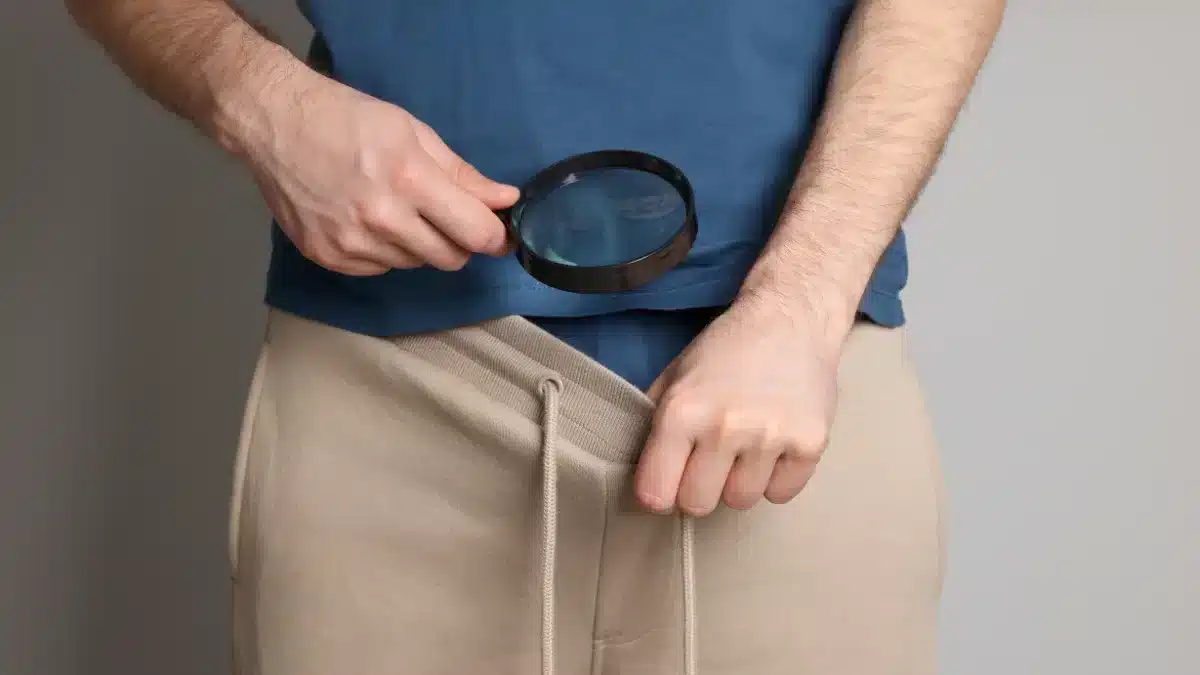Understanding Genital Warts: How Long Do Genital Warts Last?
Genital Warts is a symptom a person develops infected with HPV.
Although they are not that serious, they can be uncomfortable and often raise questions about their duration and recurrence.
According to the CDC, approximately 360,000 individuals get Genital Warts annually.
They are caused by specific strains of the Human Papillomavirus (HPV), the most prevalent viral Sexually Transmitted Infection in the United States.
This article will examine how long do Genital Warts last and the factors influencing their duration.
Duration and recurrence
While Genital Warts are treatable, their duration varies significantly among individuals.
Some may see the warts clear away on their own in 1 or 2 years, aided by the body’s immune response.
However, for many, these warts may persist and require treatment to resolve.
HPV itself isn’t always curable, and even with treatment, the warts might reappear due to the underlying viral infection.
This persistence is because Genital Warts are a symptom of HPV, which, for some individuals, becomes a chronic, lifelong infection.
Factors influencing duration and recurrence

Several factors contribute to the duration and recurrence of Genital Warts:
- Viral load: The amount of virus present in the body (viral load) influences the likelihood of recurrent outbreaks
- Strain variability: Over 200 genetically distinct strains of HPV exist. Certain strains, especially high-risk ones, may lead to persistent infections or increase the risk of future infections
- Immune system: A robust immune system aids in fighting HPV infections. Individuals with compromised immune systems may experience longer-lasting or recurrent outbreaks
- Sexual practices: Unprotected sex, multiple sexual partners, and other sexually transmitted infections (STIs) can increase the risk of HPV persistence or reinfection
- Lifestyle factors: Alcohol consumption and tobacco use have been associated with a higher risk of HPV persistence and delayed clearance
Treatment and its influence on duration
Although Genital Warts can vanish without intervention, seeking treatment accelerates the resolution process.
Treatment primarily aims to manage symptoms, reduce discomfort, and potentially lower the risk of spreading HPV to others.
Additionally, it can help in the prevention of potential health complications associated with HPV.
Various treatment modalities exist, ranging from topical applications to minor surgical procedures.
- Topical treatments like Podofilox, Imiquimod, and Sinecatechins offer effective ways to address external Genital Warts
- Procedures such as Cryotherapy involve freezing warts with liquid nitrogen
- Electrodesiccation employs electrical currents to destroy wart tissue
- Laser surgery uses laser light to burn away wart tissue
Conclusion
While the majority of HPV infections causing Genital Warts clear within two years, individual experiences vary significantly.
Factors like viral load, strain variability, immune system strength, sexual practices, and lifestyle choices play pivotal roles in determining the duration and likelihood of recurrence.
Seeking treatment for Genital Warts is crucial for symptom management and potentially reducing the risk of transmission.
Various treatment options exist, from topical applications to surgical procedures, aiming to remove warts quickly to alleviate discomfort.
Ultimately, proactive measures such as practicing safe sex, maintaining a healthy lifestyle, and seeking medical attention can significantly impact the duration of Genital Warts.
Frequently Asked Questions
How long do Genital Warts take to clear?
The clearance time for Genital Warts can vary significantly. Typically, about 90% of HPV infections cause Genital Warts clear within two years of contraction due to the body’s immune response. However, some cases may resolve in a few months, while others might persist for longer periods, necessitating treatment for resolution.
What happens if I don’t treat Genital Warts?
If left untreated, Genital Warts might persist, grow in size or number, or even spread to surrounding areas. Moreover, untreated warts can lead to discomfort, pain, and emotional distress. There’s also a risk of transmitting the underlying HPV infection to sexual partners, potentially increasing the risk of certain cancers.
Do Genital Warts grow back?
Yes, Genital Warts might recur even after treatment. This recurrence happens because the virus causing the warts, the Human Papillomavirus (HPV), might remain dormant in the body. Various factors like viral load, immune system strength, and other health considerations can influence the likelihood of recurrence.
What is the fastest way to get rid of Genital Warts?
The speed of clearing Genital Warts can vary depending on the chosen treatment and individual response. Some of the fastest ways to address Genital Warts include topical treatments like Podofilox, Imiquimod, and Sinecatechins. Additionally, procedures like cryotherapy, electrodessication, or laser surgery can swiftly eliminate visible warts.
WowRx uses only high-quality sources while writing our articles. Please read our content information policy to know more about how we keep our content reliable and trustworthy.






